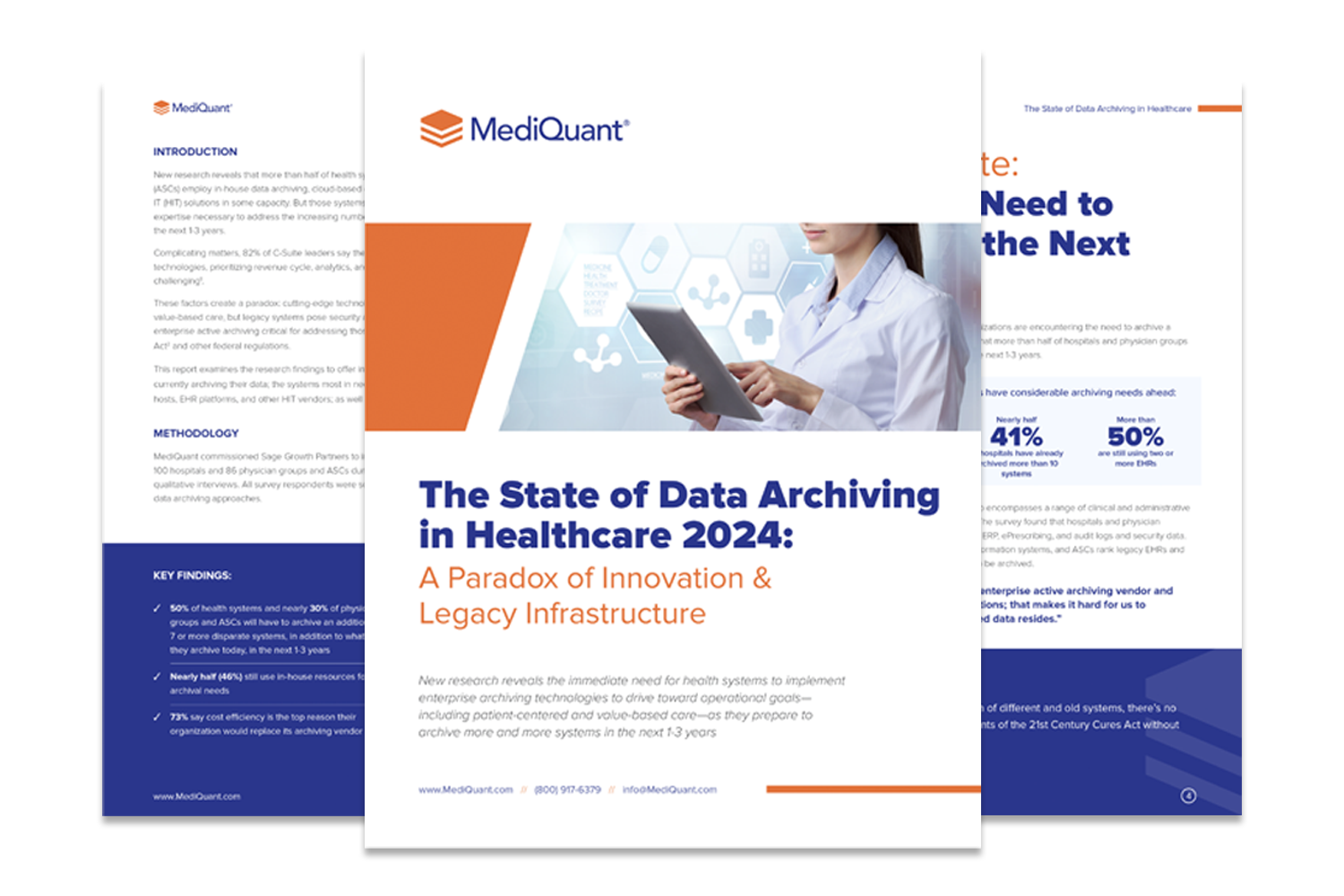The healthcare industry is at the forefront of digitization. Aside from the increasing adoption of smartphones and other mobile devices to improve patient care, there is also a huge shift in the way doctors and medical professionals make use of healthcare IT solutions. The HIMSS Future of Healthcare Report states that 80% of healthcare providers are planning to increase investment in healthcare IT solutions over the next five years.
In addition to reducing costs, improving data privacy and security, and enabling access to richer levels of data, healthcare IT solutions lead to significant improvements in the quality of care being delivered. It is clear that technology is both driving, and being driven by the immense changes in traditional approaches to medical treatment, health education, and prevention.
So, what are the top three high-impact trends driving this rapid growth in healthcare IT solutions?
Value-based care is expected to be the future of healthcare.
In the past, health care providers were generally paid for the quantity of services they provided. Today, the business model is shifting toward one that rewards providers for achieving quality outcomes for patients called value-based healthcare.
Value-based healthcare is an approach to health care delivery that rewards both the improvement of a patient’s health and the cost efficiency of achieving the improvement. The goal of value-based healthcare transformation is to enable the healthcare system to create more value for patients. With value-based care, the entire health care system is organized around patients. The shift requires a new definition of value in health care and enables clinicians to improve their patients’ outcomes through the help of healthcare IT solutions.
The digitization of information has led to an increase in high-impact healthcare IT solutions.
The healthcare industry is a prime example of how the digitization of information can improve processes and increase productivity. One of the biggest benefits that come with digitizing healthcare is the ability to provide better care for patients. Various healthcare IT solutions provide access to data in real-time. This helps in making quick decisions regarding treatment and diagnosis. It also enables doctors and other medical professionals to share information across multiple locations, thus improving collaboration among them.
Healthcare IT solutions such as electronic health records (EHR), practice management software, and electronic medical records (EMR) have changed the way healthcare professionals carry out tasks and interact with patients. Information is becoming more accessible via handheld devices, emails, and patient portals. This is a prime example of digitization because these are not paper-based anymore. It increases efficiency among healthcare professionals and hospital staff. These systems also keep patient data secure in one place.
Ambulatory care is becoming increasingly important in medical care.
Ambulatory care focuses on providing outpatient care, which is often more convenient to the patient and available at more times. Settings for ambulatory care are increasingly used as lower-cost care alternatives and can integrate their operations with hospitals via healthcare IT solutions. Furthermore, ambulatory care settings are also an important source of revenue for hospitals. As a result, acute care providers are placing greater emphasis on developing effective ambulatory care programs that can complement their inpatient services. A major benefit of ambulatory care is that it allows medical professionals to provide care in more convenient locations and at times that are more convenient for patients. It also reduces the need for hospitalization and prevents unnecessary visits to emergency rooms.
MediQuant: Reliable healthcare IT solutions
For reliable healthcare IT solutions, contact MediQuant today. MediQuant is a legacy data management solution that helps hospitals centralize and manage their data. MediQuant’s software is designed to work with a variety of hospital compliance solutions, including EHRs, CPOE systems, and CDSSs. Its software is scalable and easy to use, making it an ideal solution for hospitals of all sizes. In addition to its software products, MediQuant offers consulting and training services to help hospitals use its software effectively.


